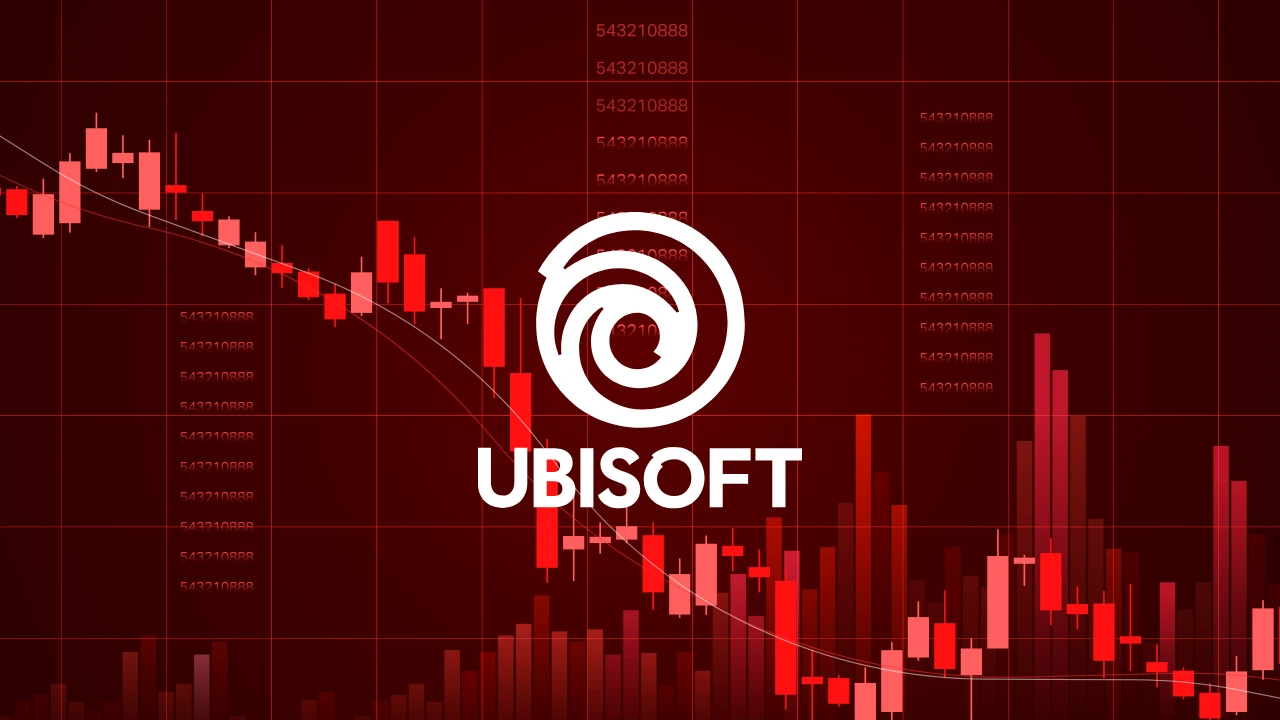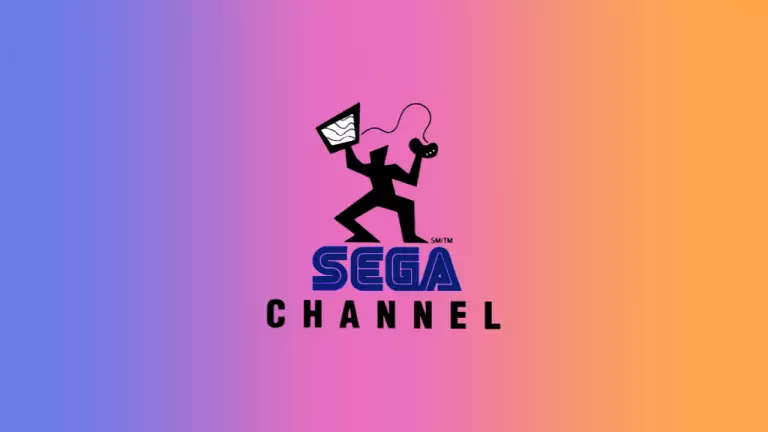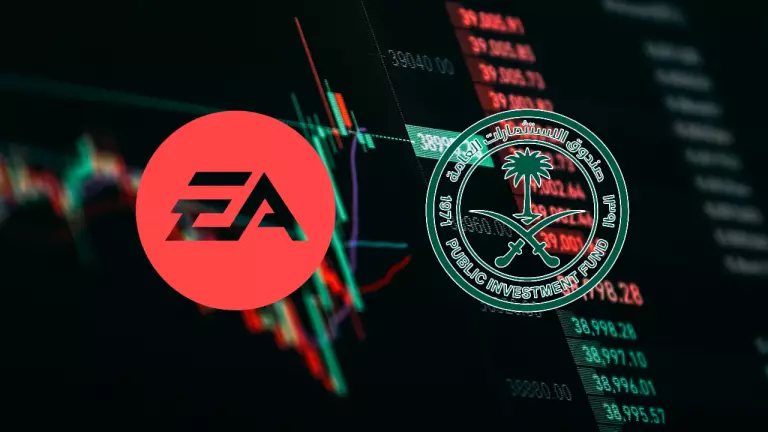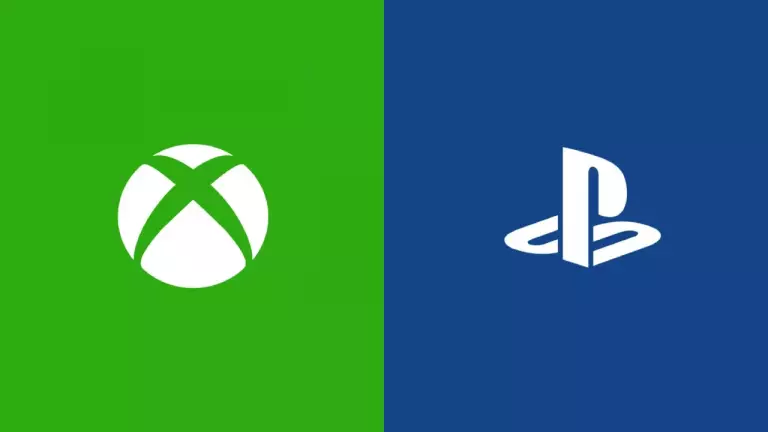A few days ago, Unity Technologies, the company behind one of the most widely used game engines, announced a new installation fee plan that has put developers (and players) up in arms. This new fee will go into effect on January 1, 2024, and will result in an additional cost every time the game (or software) in question is installed, and this cost must be covered by the developer. This clearly attacks studio budgets, especially independent ones, and worse, is seen as a betrayal of their trust since there was no prior warning.
How is this fee structured?
The fee, called Unity Runtime, will charge a monthly premium for each installation once the game exceeds the established earnings over the last 12 months. Additionally, a certain number of lifetime installations must also be surpassed; these do not reset.
For those using the free personal version or Unity Plus, a charge of $0.20 USD will apply after exceeding $200,000 USD in revenue and 200,000 installations. For users of Unity Pro and Enterprise, the threshold is $1,000,000 USD and 1 million installations. Accounts associated with Unity Pro will face an extra fee that starts at $0.15 USD for the first 100,000 installations, which reduces to $0.02 USD after surpassing 1 million installations. For Unity Enterprise, the extra is $0.125 USD for the first 100,000 installations, reducing to $0.01 USD after 1 million installations. Additionally, there is an extra charge for reinstallations in the same month, which is $0.02 USD, $0.01 USD, and $0.05 USD per installation for Plus, Pro, and Enterprise users, respectively.

Though at first glance these fees may not seem high, a quick calculation reveals the massive additional cost this will impose on studios, particularly smaller ones or personal projects. Additionally, while earnings are calculated over 12-month periods, downloads simply add up indefinitely, including reinstalls, and it is not clarified whether this applies equally to browser-based applications. Even more troubling is the case of free-to-play games, which, lacking per-unit sales revenue, will see their profits shrink the more popular they become. Some users have even pointed out the risk of groups of players organizing to deliberately reinstall a game multiple times, thus incurring sky-high extra costs for the responsible company.
Repercussions following the announcement of the Unity Runtime fee
The aftermath of the new fee’s announcement was swift, as social media and the internet filled with posts opposing the tech giant.
From the official Massive Monster account on Twitter, a statement was published requesting Unity to “stop being rubbish.” It clarifies their stance regarding the new fee, hinting that their upcoming projects will be developed on another engine. The post ends with a cute animation pooping on the Unity logo.
Stop the stink @unity pic.twitter.com/ijme9wQ89m
— Massive Monster 🙏🐑 (@MassiveMonster) September 13, 2023
On the official game account, they were even more direct, simply posting a message saying to buy the game now because they’ll delete it on January 1.
Buy Cult of the Lamb now, cause we're deleting it on Jan 1st. 😘 https://t.co/nSWg9DP0sh
— Cult of the Lamb 💅 🌈 (@cultofthelamb) September 12, 2023
Other developers, such as the creators of Among Us, also spoke out, mentioning the possibility of changing platforms (“as others are also considering”) and explained that this would lead to content delays.
https://t.co/qg6yjZzL1d pic.twitter.com/5IJG9Hzgoc
— Innersloth 🦥 (@InnerslothDevs) September 12, 2023
Mega Crit Games, the studio behind Slay the Spire, also announced they would migrate to another game engine unless Unity reverses this controversial fee, and like many others, they feel their trust has been violated.
👋 @unity pic.twitter.com/mBCfb8li3z
— Mega Crit (@MegaCrit) September 13, 2023
Garry Newman, creator of Garry’s Mod and Rust, shared his thoughts not only on Twitter but also on his own blog. His post, amassing over 300,000 views in six days, details the downsides of Unity’s decision. Here’s what I consider the most significant excerpt from the article:
Broken trust
Unity has shown its power. We can see what they can and are willing to do. You can’t unring the bell.
If you’d asked me last week whether Unity had the power to start charging us per sale of our games, I would’ve said no, that it would be insane.
Surely, that’s not possible.
That would be like Adobe charging all Photoshop users per image view… and trying to invent a system where they can track and bill for that monthly. And not just new images, but all images you’ve created over the last 20 years. Then auto-billing you every month.
But that’s what happened. And now we know they can and are willing to do it. Unity is the worst company in charge of Unity Engine.
The trust is gone.
Retrospection
It’s our fault. All our failings. We sleepwalked into this. We got plenty of warnings. We should’ve hit the ejection button when Unity went public in 2020. Everything they’ve done since then has been exactly the opposite of what was good for the engine.
We had 10 years to make our own engine and never did. I’m sure many game companies feel the same today.
We won’t make the same mistake again. Rust 2 will definitely not be a Unity game.
Once again, the emphasis is on Unity’s betrayal of user trust, and that damage is irreparable. Regardless of whether they decide to backtrack, the trust is gone, and much more than an apology will be needed to restore it. Regarding Garry’s comments, it’s worth noting the warnings given since Unity went public. This decision has done nothing but degrade the product’s quality in the pursuit of effortless profits. It’s the same story in the investment world.
John Riccitiello’s background as Unity’s CEO
John Riccitiello is your stereotypical businessman, unscrupulous and only focused on making money comfortably from his couch (of course). A classic financial wolf like in Leonardo DiCaprio’s movie. Successful and shameless, he’s mastered the parasitic corporate world. From working at Clorox and PepsiCo, later serving as CEO of Häagen-Dazs. He was then named CEO of Wilson Sporting Goods before holding roles as president and CEO of Sara Lee Bakery Worldwide. Neither food, clothing, nor sports motivated him; this type of man only cares about money.
His first job in the video game industry came in October 1997 when he joined EA as president and COO. He held these roles until 2004, when he left the company to co-found an entertainment-focused firm alongside Roger McNamee and Bono. Riccitiello returned to EA in February 2007 as CEO until March 2013, when the board accepted his resignation due to the company’s poor financial results. During those years, he also chaired the ESRB and the U.S. video game industry’s trade association (ESA). He joined Unity in November 2013 as a consultant and became CEO by late 2014, a position he still holds.
Suspicion over Unity stock sales before the announcement
Since announcing the new fee on the 12th of this month, the news hasn’t stopped. The very next day, Kotaku reported that Riccitiello had sold 2,000 Unity shares the previous week, highlighting his clear intent to profit financially with no concern for the company he leads. Worse still, as revealed in GuruFocus’s article (which Kotaku cited), Riccitiello has sold 50,610 Unity shares this year without buying a single one, exposing this parasite.
Proposed charging for reloading weapons in Battlefield 3
As absurd as it sounds, during his time at EA in a 2011 shareholder meeting, Riccitiello proposed charging players for reloading their weapons in Battlefield games, as reported by MCV.
“When you’ve been playing Battlefield for six hours and run out of ammo in your clip, if we ask for a dollar to reload, you’re not that price-sensitive at that moment. What ends up happening, and why the play-now-pay-later model works so well, is that the consumer gets engaged in the property.
They may spend ten, twenty, thirty, fifty hours in a game. And then, when they’re immersed, when they’re highly invested in it, we’re not measuring but monetizing. The commitment at that point can be very strong. It’s a great model and represents a significantly better future for the industry.”
This proposal wasn’t implemented in the shooter (thankfully), but it says much about the person who introduced loot boxes in FIFA 09.
Developers avoiding monetization are “pure, brilliant” and “damn idiots”
Another controversy involving Unity’s CEO arose during an interview last year with both Riccitiello and the company’s vice president, Marc Whitten. During the interview, Riccitiello made the following remark:
“In Ferrari and some of the other high-end car manufacturers, they still use clay and carving knives. There’s a very small portion of the gaming industry that works that way, and some of these people are my favorite people in the world to fight with: they are the most beautiful and pure, brilliant people. They’re also some of the biggest idiots.”
Will Unity eventually reverse its new installation fee policy?
After seeing the backlash caused by its installation fee plan, Unity was slow to respond but ultimately released a statement apologizing for the confusion caused, clarifying certain points, and mentioning ongoing discussions with partners, customers, and the community. They also promised changes to be announced in the coming days.
“We have heard you. We apologize for the confusion and distress caused by the runtime fee policy we announced on Tuesday. We are listening, talking to our team members, community, customers, and partners, and will be making changes to the policy. We’ll share an update in a couple of days. Thank you for your candid and critical feedback.”
It remains to be seen whether these changes will be enough to convince developers and users, but the damage is already done. A decision as arbitrary and unilateral as this without prior notice only undermines the trust placed in this company. Personally, I believe that if Unity wants to regain that trust, the best course of action, besides reversing the fee, would be to fire its current CEO. After all, it has become evident that John Riccitiello’s sole intention has been to line his pockets, regardless of the damage caused to the company he leads. This behavior is typical in the financial world and has been witnessed not only in the gaming industry but in any sector infiltrated by the cancer of financial speculation.






